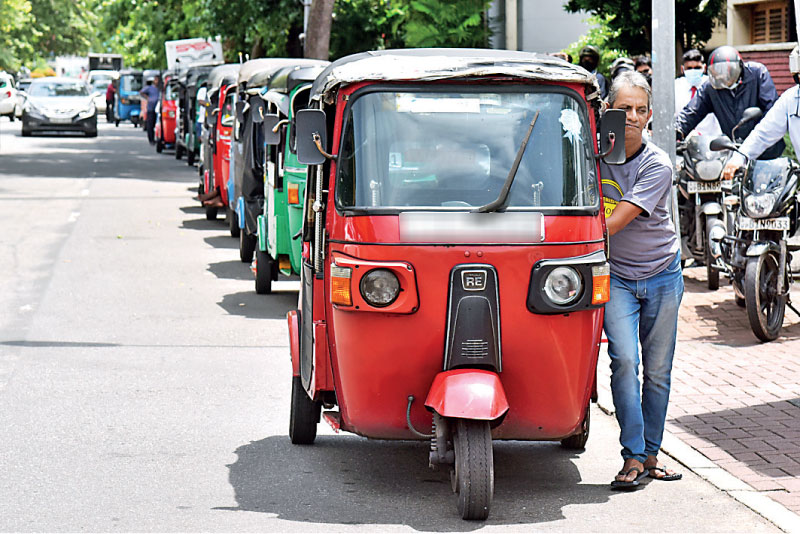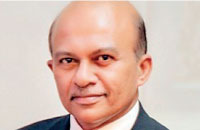Monday Feb 16, 2026
Monday Feb 16, 2026
Monday, 8 August 2022 01:37 - - {{hitsCtrl.values.hits}}

 By Varuna Ratnaweera
By Varuna Ratnaweera
The above is a question most marketing lecturers may pose when explaining the essence of why an organisation should engage in selling a product or a service. Of course the answer can vary from, providing a quality product to customers at a reasonable profit or facilitating a service to meet our customers’ requirements while making a fair profit, etc. In the Sri Lankan context, how many of the business entities have been reasonable in the way they have conducted their business in the past few months?
Of course we have seen costs soar due to exchange rate fluctuations, transport cost increases as a result of fuel price hikes, tax adjustments, uncertainty of regular stock replenishment and other factors. But the question is how reasonable have been business entities including small time vendors, the grocery owners when they fix their prices while adjusting for these cost increases. The prices of eggs, milk powder, sugar, bakery products, lunch packets and even a cup of tea or plain tea have been increased by many fold during the past few weeks and the price you pay today for same will be history by the time you go to buy the same item in a week from now.
Consider the price of a push bicycle compared to what it was two months back, an emergency lamp at a supermarket was offered at a price which is tenfold of what it was before the power cuts started.
These few examples show that Sri Lankan business entities are very quick to adjust to the market requirements and increase their prices based on the higher demand not sparing any thought about the difficulties of their customers. It’s true that any business will have to earn profits to face difficult periods in the future, however isn’t it very unreasonable to fleece your customers – your own fellow citizens who are already suffering due to so many hardships and shortages of essentials such as gas, fuel, milk powder, etc.?
We in Sri Lanka are very good at making the most of the opportunities created as a result of circumstances. A litre of petrol is sold around Rs. 2,000 (at least four times the normal price), diesel at anything more than Rs. 1,000. Petrol and diesel are denied to those who genuinely queue up at fuel stations while the new business people who have emerged from this situation of short supply, sell the same fuel to you at prices which are four times or more. We can also rent a slot in the fuel queue, in front of a shop or a roadside boutique for a fee ranging from Rs. 3,000 to Rs. 5,000 depending on how long you want to keep your vehicle parked there. With no regulatory authority available to monitor any of these unreasonable, exorbitant price increases, the Sri Lankan consumers are suffering severe hardships that they have never been subjected to before in their lifetimes.
Makes us wonder, are they in business to please their customers or are they really fleecing the customers.
(The writer is Founder/Life Member of TMC Colombo.)